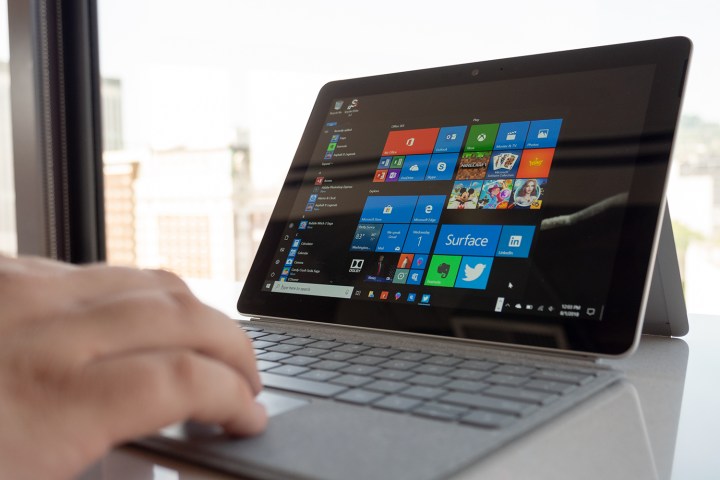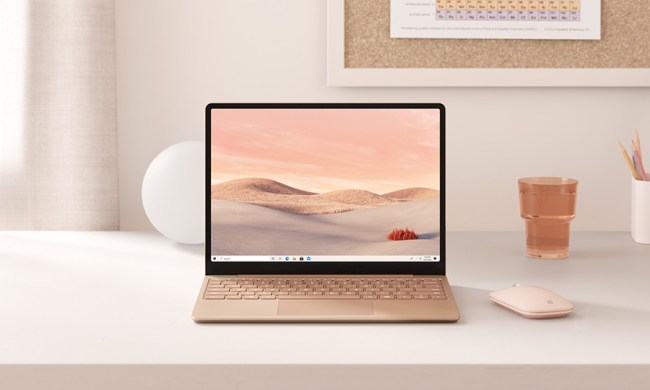
The Surface Go, Microsoft’s tiny and affordable entry-level tablet, originally launched back in August, but a new variant with the ability to connect to the internet anywhere is coming to consumers soon. Come November 20, Microsoft will be shipping the Surface Go LTE Advanced with pricing starting at $679.
For general consumers, the new variant of the Surface Go comes configured with a total of 8GB RAM, a 128GB SSD, and the same Intel Pentium Gold processor as the standard non-LTE model. Pre-orders on the Surface Go LTE Advanced are now open at the Microsoft Store and Best Buy, but Microsoft is currently listing the base LTE model as out of stock. AT&T, Verizon, DoCoMo, SoftBank, KDDI, EE U.K., Vodafone UK, and Sprint are also listed as the initial carriers who will be supporting the LTE service on board the device, reports ZDNet.
The configurations might be the same between the new LTE model and top-range Surface Go, but the cellular connectivity now makes it easier for consumers to enjoy the internet anywhere, without dealing with Wi-Fi hot spots or mobile data tethering. That also brings conveniences for organizations and other businesses, which can purchase a separate model with a 256GB SSD and 8GB RAM for $829.
“Surface Go with LTE Advanced is the latest in our expanding portfolio of enterprise-grade and optimized Surface devices. This comprehensive family of devices has contributed to the growth in the Surface business, bringing Surface from introducing the 2-in-1 category just six years ago to joining the top five global companies in U.S. PC market share,” said Microsoft.
At a time when more and more laptops are picking up LTE support, the Surface Go is now the just second Microsoft device to receive integrated cellular connectivity. Earlier in 2018, Microsoft launched an LTE-enabled Surface Pro model with LTE but only on a $1,000 model configured with an Intel Core i5 Processor and 256GB SSD with 8GB RAM.
At just $679, the Surface Go can be a much more attractive and cheaper option for students and teachers, or for anyone who is looking to stay connected with Windows 10 when traveling on the road or away from home. It also easily competes with Qualcomm’s Always-Connected PCs, which deliver similar LTE connectivity and really good battery life, but poor performance and compatibility with apps.


